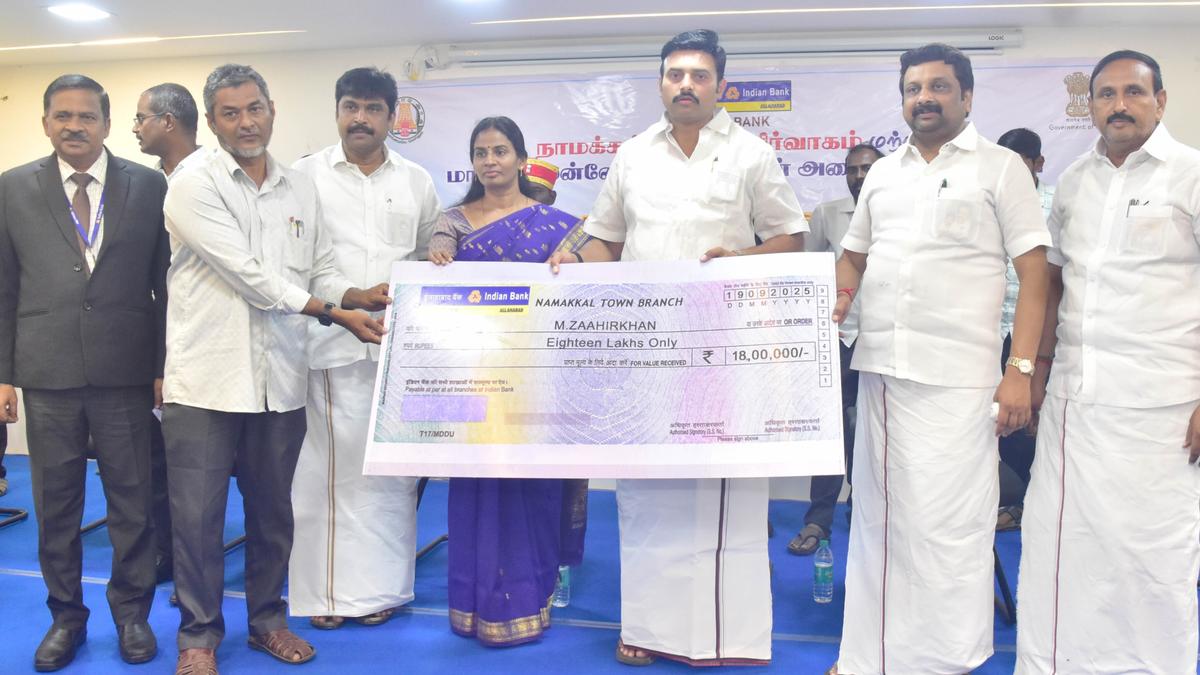Muslim Man Can’t Keep Multiple Wives If Unable To Financially Support Them: Kerala High Court
By Mallika Soni,News18
Copyright news18

The Kerala High Court held that multiple marriages by a Muslim man cannot be accepted if he lacks the financial capacity to maintain his wives, particularly when one of them approaches the court seeking maintenance. The observation was made by Justice P.V. Kunhikrishnan while hearing a petition filed by a 39-year-old woman from Perinthalmanna, who sought a monthly maintenance of ₹10,000 from her 46-year-old husband, a blind man surviving primarily on alms.
Earlier, a Family Court had dismissed her plea, reasoning that the husband, who earns his livelihood by begging, could not be directed to pay maintenance.
What Kerala High Court Said
In his order, Justice Kunhikrishnan employed a satirical Malayalam phrase- “Don’t put your hand into a begging bowl”- to highlight the futility of expecting sustenance from someone dependent on alms. The judge noted that the husband, described as a beggar by the petitioner, was “not a saint” either. Despite his blindness, he was allegedly threatening his second wife that he intended to contract a third marriage.
Upon examining the petition, the court recorded that the respondent had a notional income of about ₹25,000 from various sources, including begging, while continuing to live with his first wife. The court also expressed disbelief at the wife’s claim that her blind husband had regularly assaulted her.
The court stressed that Muslim personal law itself did not justify such behaviour as the judge noted, “A person who has no capacity to maintain a second or third wife cannot marry again, even as per the customary law of Muslims.”
Citing verses from the Quran, the court said the holy text propagates monogamy, allowing polygamy only as an exception.
“If a Muslim man can give justice to his first wife, second wife, third wife and fourth wife, then only marriage more than once is permissible,” it said, adding that most Muslims follow monogamy in keeping with the spirit of the Quran.
The court further remarked that successive marriages among the poor often stem from lack of education and awareness. Religious leaders and society, it said, must take responsibility to educate communities on the true principles of customary law.
“It is the duty of the state to protect the destitute wives who are victims of polygamy in the Muslim community,” the court observed as it directed the Social Welfare Department to counsel the respondent, with assistance from qualified counsellors and religious leaders.



